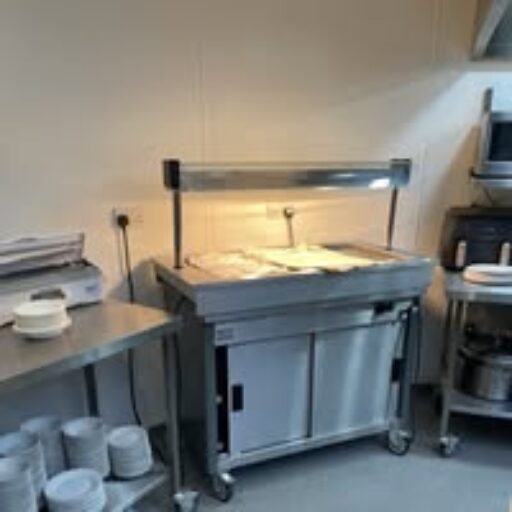Discover the Heart of Food Safety
Ensuring Safe Meals for Every Community
At Community Kitchen Winterton, we prioritize the safety and quality of every meal we prepare. Join us in our mission to uphold the highest standards in food safety.

Latest Insights on Food Safety
Menu 28th August
Community Kitchen, All Saints Church, Winterton A very warm welcome to the relaunch of Community Kitchen Menu for Thursday 14th August Due to volunteer holidays, we are closed on Thursday 21st August To book, contact Sue on e-mail …
Your Food Safety Questions Answered
Explore our comprehensive guide to common food safety concerns and best practices.
What are the basic principles of food safety?
The core principles include proper cooking, cleaning, chilling, and avoiding cross-contamination to ensure food is safe to consume.
How can I prevent cross-contamination in my kitchen?
Use separate cutting boards for raw meat and vegetables, and always wash your hands and surfaces thoroughly after handling different food items.
What temperature should my refrigerator be set at?
Keep your refrigerator at or below 40°F (4°C) to slow the growth of bacteria and keep food fresh longer.
How long can leftovers be safely stored?
Leftovers should be stored in the refrigerator and consumed within 3-4 days to prevent spoilage and foodborne illness.
What are the signs of foodborne illness?
Symptoms can include nausea, vomiting, diarrhea, abdominal pain, and fever. If you experience these after eating, seek medical attention.
How should I thaw frozen food safely?
Thaw frozen food in the refrigerator, in cold water, or in the microwave, but never at room temperature to prevent bacterial growth.
Essential Food Safety Practices
Proper Handwashing Techniques
Ensure hands are washed thoroughly with soap and water before handling any food to prevent contamination.
Safe Food Storage
Store perishable items in the refrigerator and maintain the correct temperature to keep food fresh and safe.
Cross-Contamination Prevention
Use separate cutting boards for raw meats and vegetables to avoid cross-contamination.
What Our Community Says
“Understanding food safety has transformed the way I cook at home. I feel more confident in serving my family healthy meals.”

Emily R.
Home Cook
“The tips I learned from Community Kitchen Winterton have been invaluable. Food safety is now a top priority in my kitchen.”

James T.
Community Member
Join Our Food Safety Initiative
Discover more about essential food safety practices and become part of our community kitchen. Together, we can ensure every meal is safe and delicious.
